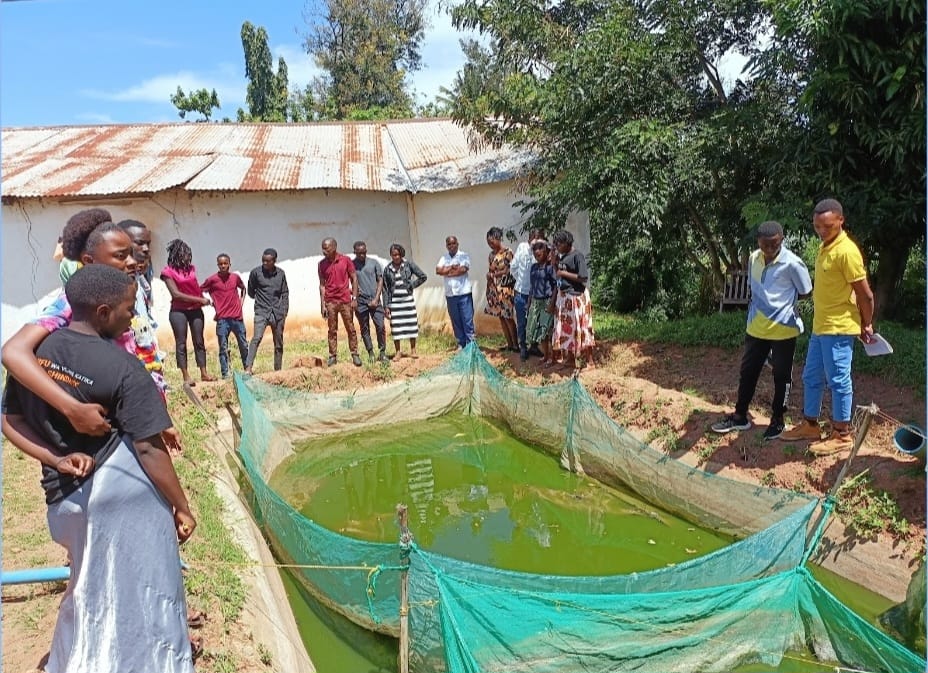“Aquaculture in Africa: Aquatic Animal Welfare, Impact on the Environment, and the Sustainability of the Sector” from WellBeing International explains the state of aquaculture in Africa, focusing on animal welfare, the environment, and the sector’s sustainability.
Globally, aquaculture production reached a record 122.6 million tonnes in 2020, valued at $281.5 billion USD. At the same time, African countries, besides Egypt and Nigeria, saw a decline in production.
Egypt and Nigeria are the top-producing countries in Africa, producing 67% and 11% of the aquatic foods in Africa. Uganda, Zanzibar, Ghana, and Zambia together produce another 10%. There has been significant growth in the aquaculture industry in Africa, especially in Egypt.
Animal Welfare
Aquatic animals are often overlooked in welfare advocacy and research, with their sentience rarely acknowledged – even though there are direct implications of fish welfare on production and industry sustainability.
Recent advancements in technology have enabled better observation of aquatic animals’ well-being, prompting a recognition of their sentience and the need for responsible husbandry. A growing body of evidence suggests that aquatic species exhibit complex social and emotional lives, with fish and decapods showing signs of pain experience and various cognitive abilities.
The Food and Agriculture Organization (FAO) has issued high-level guidelines that include aquatic animal welfare, marking a significant shift in the approach to aquaculture development for the next decade. The Global Seafood Alliance also emphasizes the importance of animal health and welfare in aquaculture, addressing issues such as water quality, stocking density, disease control, certification programs, and technological advancements.
With aquaculture’s unprecedented growth, there is a pressing need to address animal welfare risks. There is limited understanding of the welfare-relevant biology of different aquatic species, highlighting the need for further research and reporting in this area.
Seaweed Cultivation as an Alternative
There is high potential for seaweed cultivation as an alternative to fish, for both food and feed. Seaweed is a sustainable option, with benefits like rapid growth and high nutritional value. The report suggests that seaweed could play a crucial role in addressing the challenges faced by traditional aquaculture, such as over-reliance on limited fish strains and imported feed. Seaweed cultivation could create jobs, develop value chains, increase exports, and improve fish living conditions. Seaweed farming is an environmentally friendly option that doesn’t require land, fresh water, or fertilizers.
Challenges to Aquaculture in Africa
Challenges in African aquaculture include over-intensification, poor animal welfare, nutrient pollution, and the impact on ecosystems. The expansion of aquaculture in Africa is hindered by the dominance of tilapia farming and the need for diversification. Lack of seed, feed, credit and extension support are constraints are also needed.
The FAO and other organizations stress the importance of sustainable aquaculture development in Africa, addressing challenges such as fish health, environmental impact, and governance. Political will and strong policies are required to overcome constraints and ensure the sustainability of aquaculture in Africa.
Read the whole article at WellBeing International! We’re pleased to be working with one of the authors, Dr. Mwenda M. Mbaka from the African Union-Inter-African Bureau for Animal Resources.

